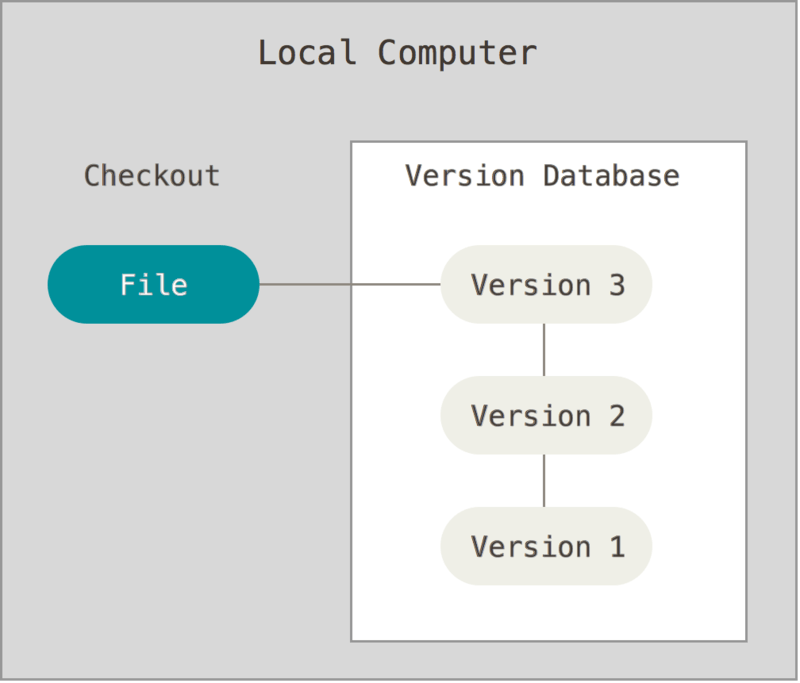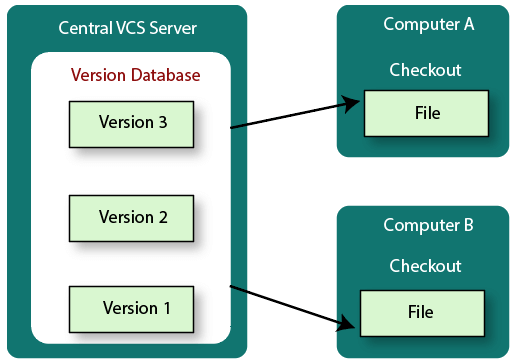Version control is a system that allows you to manage and track changes to files and documents over time. It is primarily used in software development, but it can be applied to any type of file or project. The most popular version control system is Git.

Lets understand version control with an example :
Imagine you’re writing a story on your computer. You start with the first chapter and save it as “Story_Version1.” Then you decide to make some changes to the characters and add a new scene. You save those changes as “Story_Version2.”
Later on, you realize that you preferred the characters and the story in Version 1 better. With version control, you can easily go back to “Story_Version1” and retrieve the earlier version of your story. It’s like undoing the changes and going back to the way it was before.
Now, let’s say you want to try something different with your story. You create a new version, “Story_Version3,” where you explore a different ending or add more details. You can save as many versions as you want to try different ideas and see which one you like best.
Version control also comes in handy when you’re working with other people on the same story. Let’s say a friend wants to contribute to your story and adds a new chapter. They can save their changes as “Story_Version4” and send it to you. Then, you can merge their changes with your own, combining the new chapter with your existing story to create a final version.

Version control is incredibly valuable for managing files and projects, especially in coding. It helps you keep track of changes, restore previous versions, and easily compare differences between versions. Git is a popular framework that provides these capabilities, allowing you to maintain a timeline of your files and view the evolution of your work.
One significant advantage of using version control, like Git, is the ability to host your repositories on websites such as GitHub.com. By storing your files online, you gain added benefits such as increased reliability, easy synchronization across multiple devices, and the convenience of sharing your work with others.
Using these platforms, you can collaborate with teammates on projects, work simultaneously on different aspects of the code, and merge changes seamlessly. The online hosting also serves as a secure backup, minimizing the risk of losing your work.
Additionally, hosting your repositories on the web simplifies sharing your projects with others. You can easily provide access to colleagues or showcase your work to potential employers or clients. These platforms often offer features for issue tracking, code review, and project management, enhancing collaboration and productivity.
In summary, version control combined with online hosting platforms like GitHub provides an efficient and organized way to manage your files, collaborate with others, and ensure the safety and accessibility of your work. It revolutionizes the way code is developed, shared, and maintained, benefiting individuals and teams in various fields.